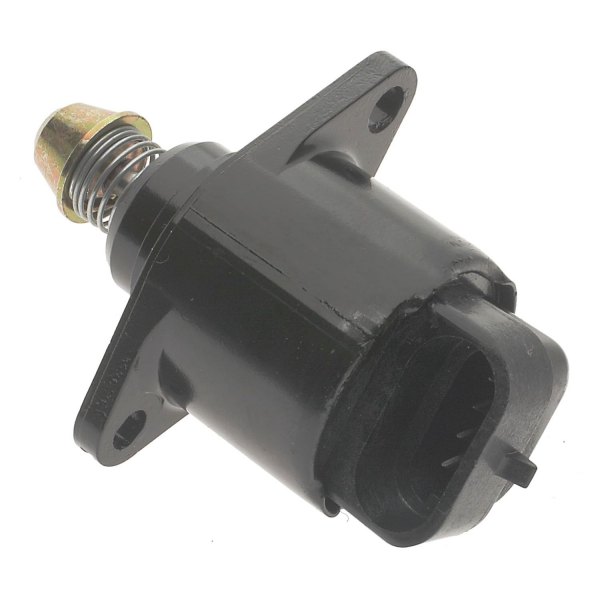Whenever Disregarding the IAC Valve Can Incurs You More
This idling airflow regulation valve has a critical role in preserving your automobile's performance and efficiency. It small but mighty part regulates the volume of air that enters the engine during idling, ensuring a smooth and consistent operation. Ignoring issues related to this component can lead to a range of problems that not just impact your driving experience but can also cost you a lot in fixes and upkeep.
If the idle airflow regulation valve fails, it can cause erratic engine behavior, including cutting out, jittery idle state, or even increased gasoline usage. Such issues not just compromise the car's performance but may also indicate that other components of the motor are stressed. Identifying the symptoms of a failing idle air control component and knowing when to replace it can save you from more extensive repairs down the road and help keep your vehicle operating smoothly.
Understanding the Idle Air Control Valve Operation
The IAC valve, usually known as the IAC valve, plays a key function in regulating your vehicle's engine idle speed. It is responsible for controlling the level of air that bypasses the throttle plate when you are not pressing the gas pedal. By doing so, the IAC valve assists maintain a stable engine idle under changing environments, such as when the engine is cool or when extra loads, such as air conditioning, are engaged.
When the IAC valve is operating properly, it enables for easy transitions between various engine speeds, providing improved performance and fuel efficiency. Yet, if the idle air control valve becomes faulty or blocked, it can result in erratic idling, stalling, or even trouble starting the vehicle. Symptoms of a failing idle air control valve can significantly affect your ability to drive, making it important to recognize these signs promptly.
Regular maintenance of the IAC valve is important to avoid costly repairs down the line. Neglecting issues with this component can cause more severe engine problems, including poor fuel efficiency and increased emissions. Understanding the operation of the IAC valve and its importance in your vehicle's functioning can preserve you hours and costs by prompting timely inspections and repairs when necessary.
Common Symptoms of IAC Control Valve Failure
One of the most apparent signs of a defective idle air control valve is unstable idle speed. Drivers may find that the engine idles excessively high or too low, or it may vary unexpectedly when the vehicle is at a standstill. This erratic behavior can lead to a more unpleasant driving experience and may cause concerns about the overall health of the engine.
Another sign to watch for is loss of power or delay during acceleration. If the IAC valve is not working correctly, it can interfere with the airflow into the engine, causing it to stop suddenly, especially when slowing down or making sharp bends. This can be especially hazardous in traffic, where responsiveness is crucial and slowness could lead to accidents.
Additionally, a failing IAC valve may activate the malfunction indicator lamp on the dashboard. While this light can signal various issues, if paired with the symptoms mentioned above, it's important to have the vehicle inspected. Ignoring the warning could lead to further engine performance issues and increased maintenance expenses down the road.
Consequences of Ignoring IAC Valve Problems
Ignoring problems with the IAC valve can lead to a series of performance issues in your vehicle. A malfunctioning IAC valve can cause unsteady idle performance, leading to a bumpy engine experience. This not only affects driving comfort but can also strain other engine components, potentially leading to costlier fixes in the future. When the engine idling is unstable, it may also cause difficulties when initiating the vehicle or during low-speed driving.
In furthermore to performance concerns, neglecting IAC valve issues can affect gas mileage. A malfunctioning valve may cause the engine to receive an wrong air-fuel mixture, leading to increased fuel consumption. Drivers may find themselves visiting the fuel station more frequently, which translates to increased expenses. Over time, the price of ignoring a small valve can significantly exceed the cost of a timely repair or replacement.
In addition to performance and fuel efficiency, a malfunctioning IAC valve can activate warning lights on the dashboard. Such alerts can cause drivers to overlook other potential problems in the vehicle. Ignoring these dashboard indicators can cause a sense of complacency, making drivers less vigilant regarding other essential upkeep that the vehicle may require. Tackling IAC valve problems promptly can help maintain overall vehicle health and minimize unnecessary trouble and costs in the long run.
